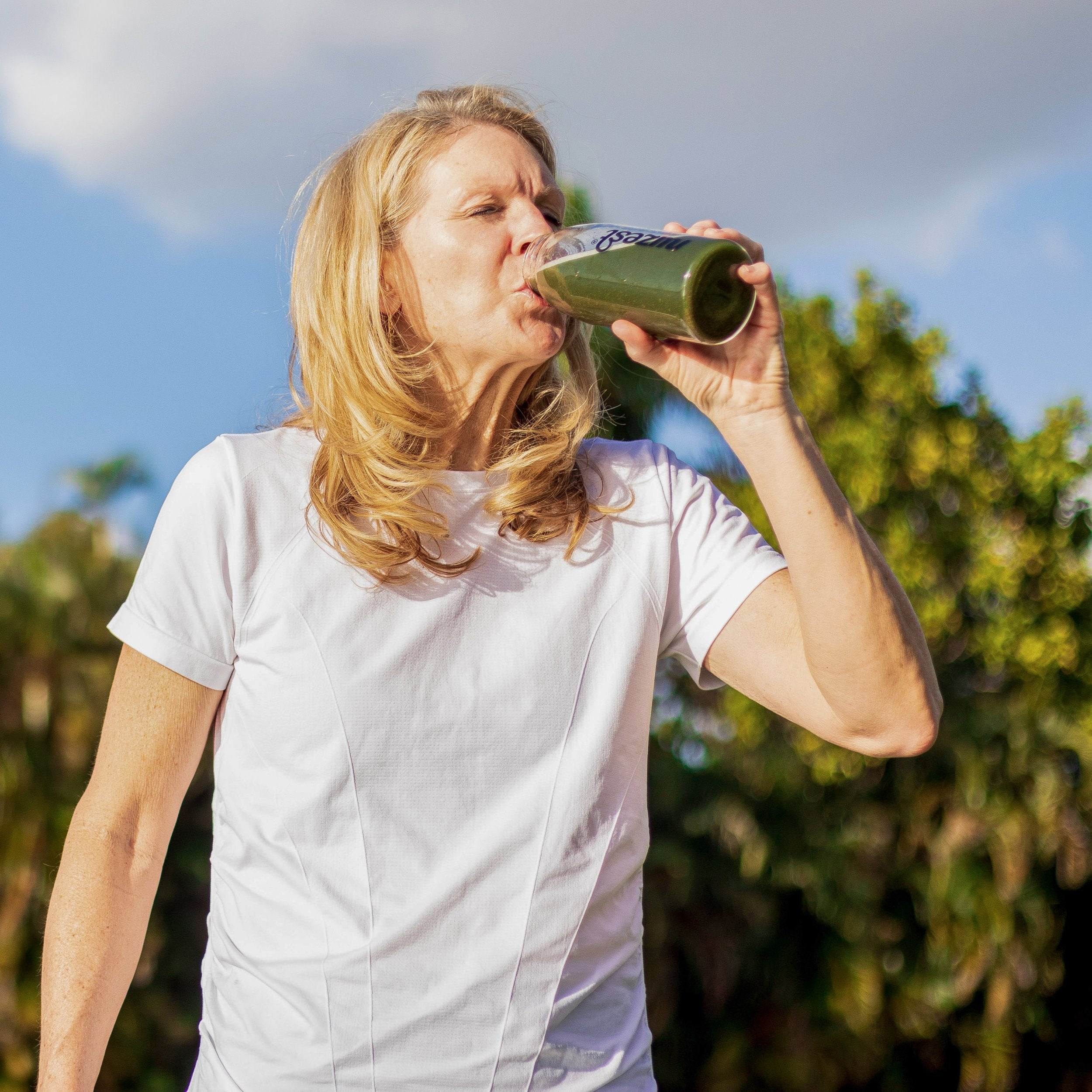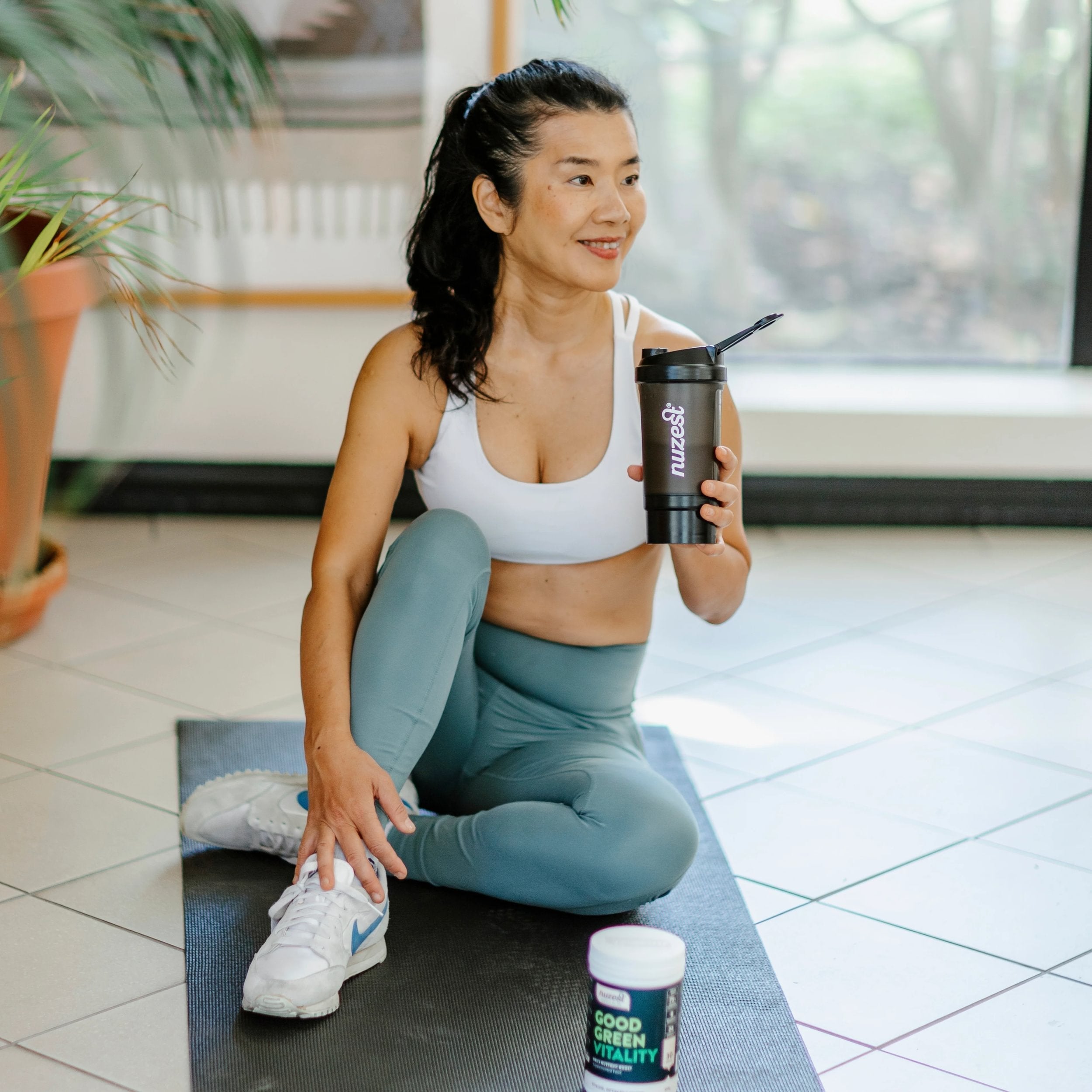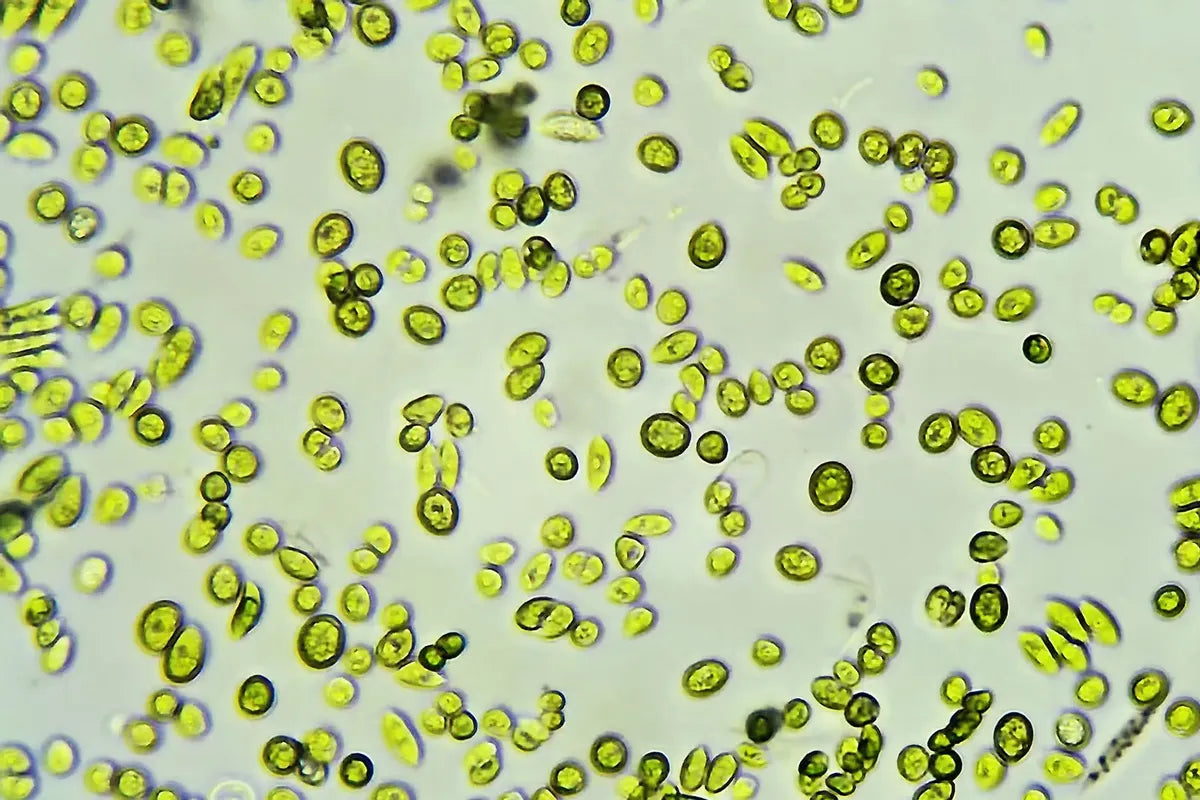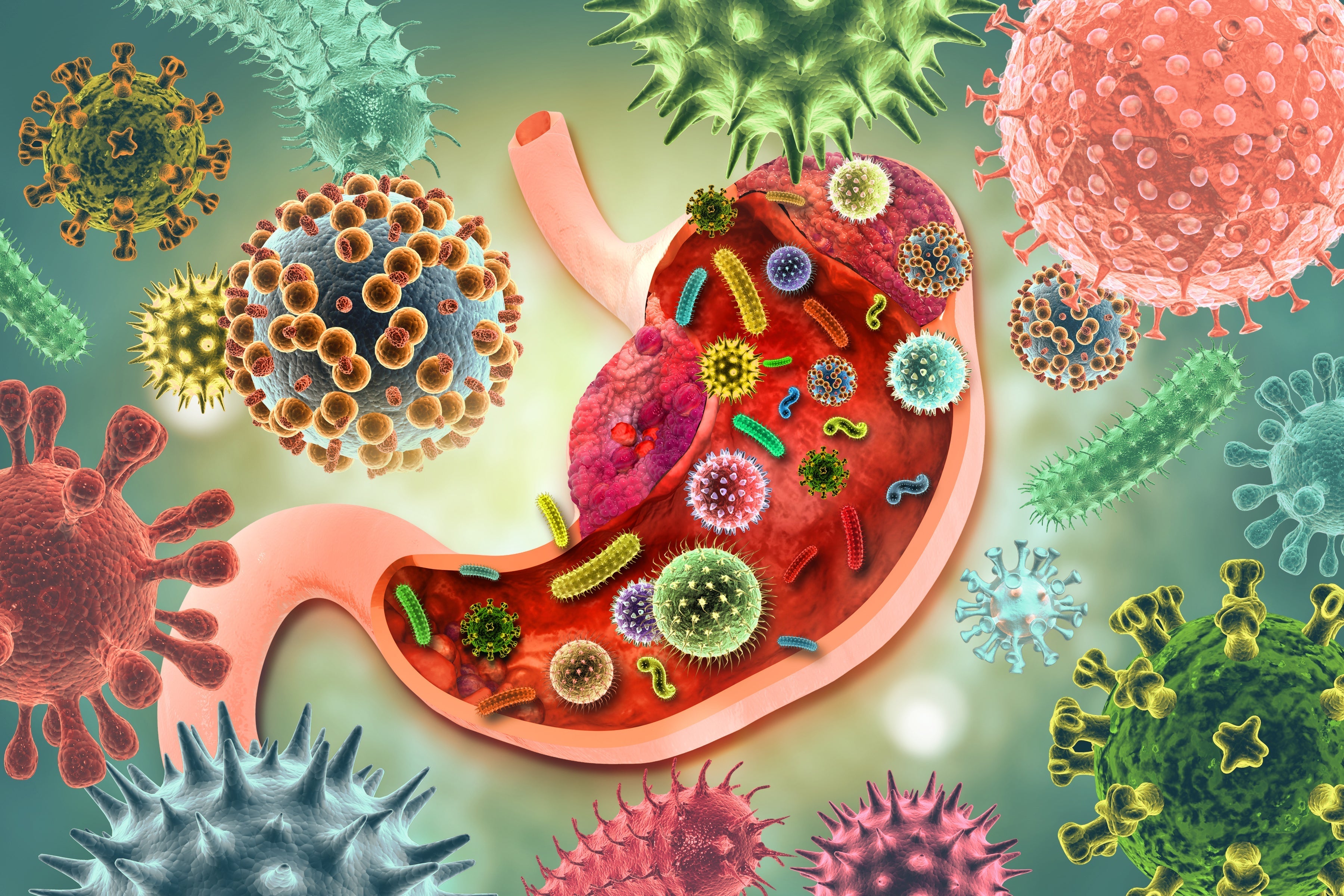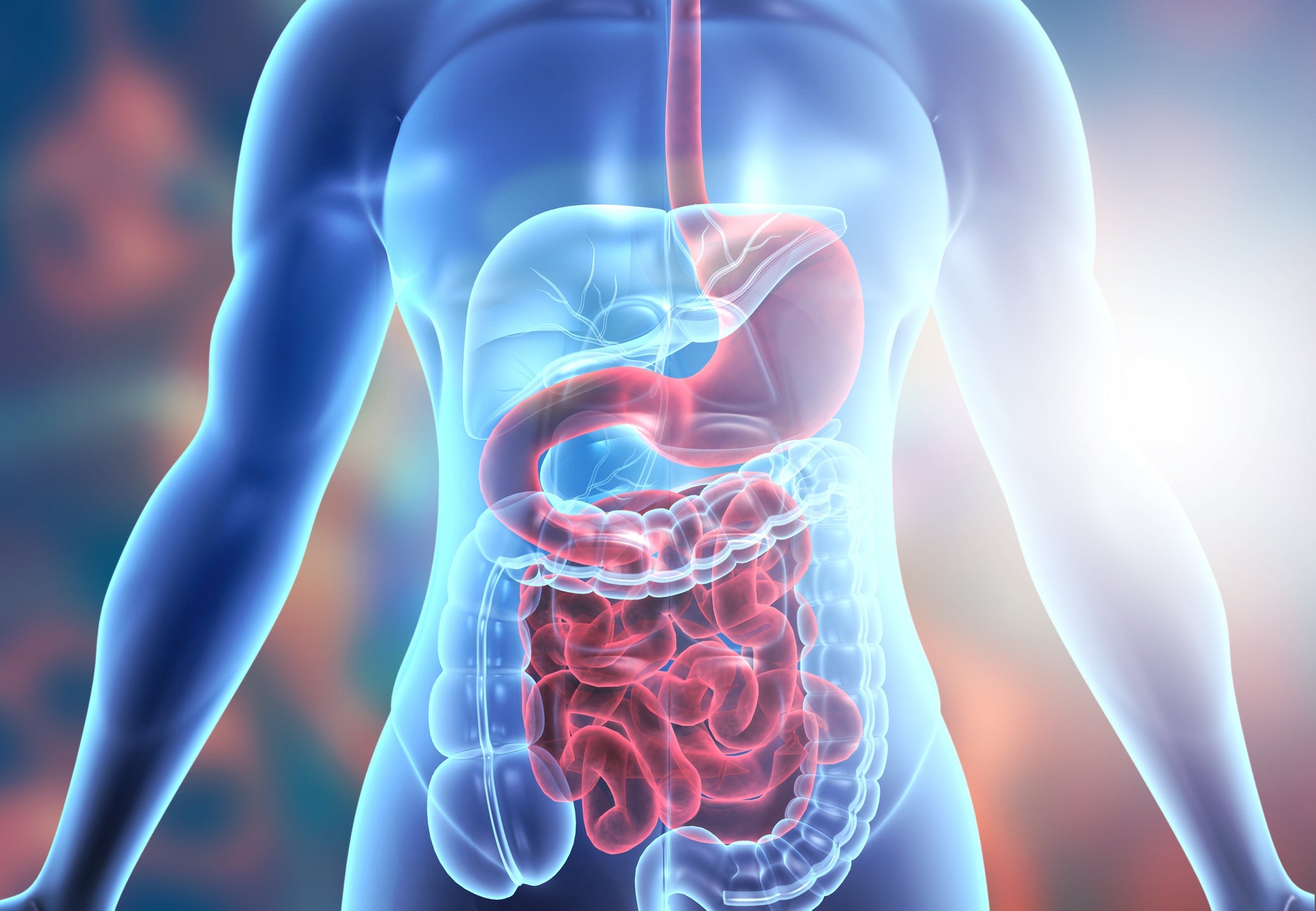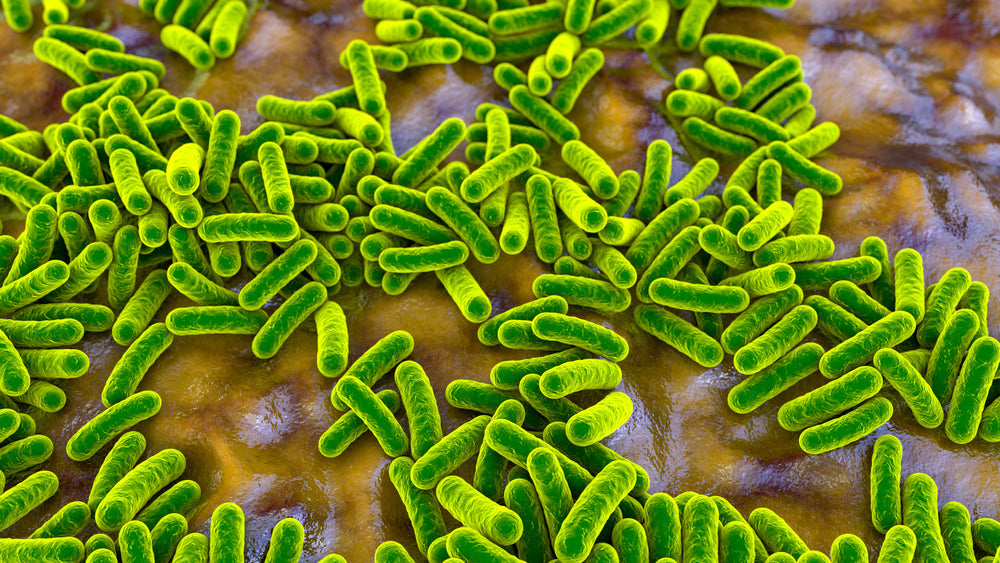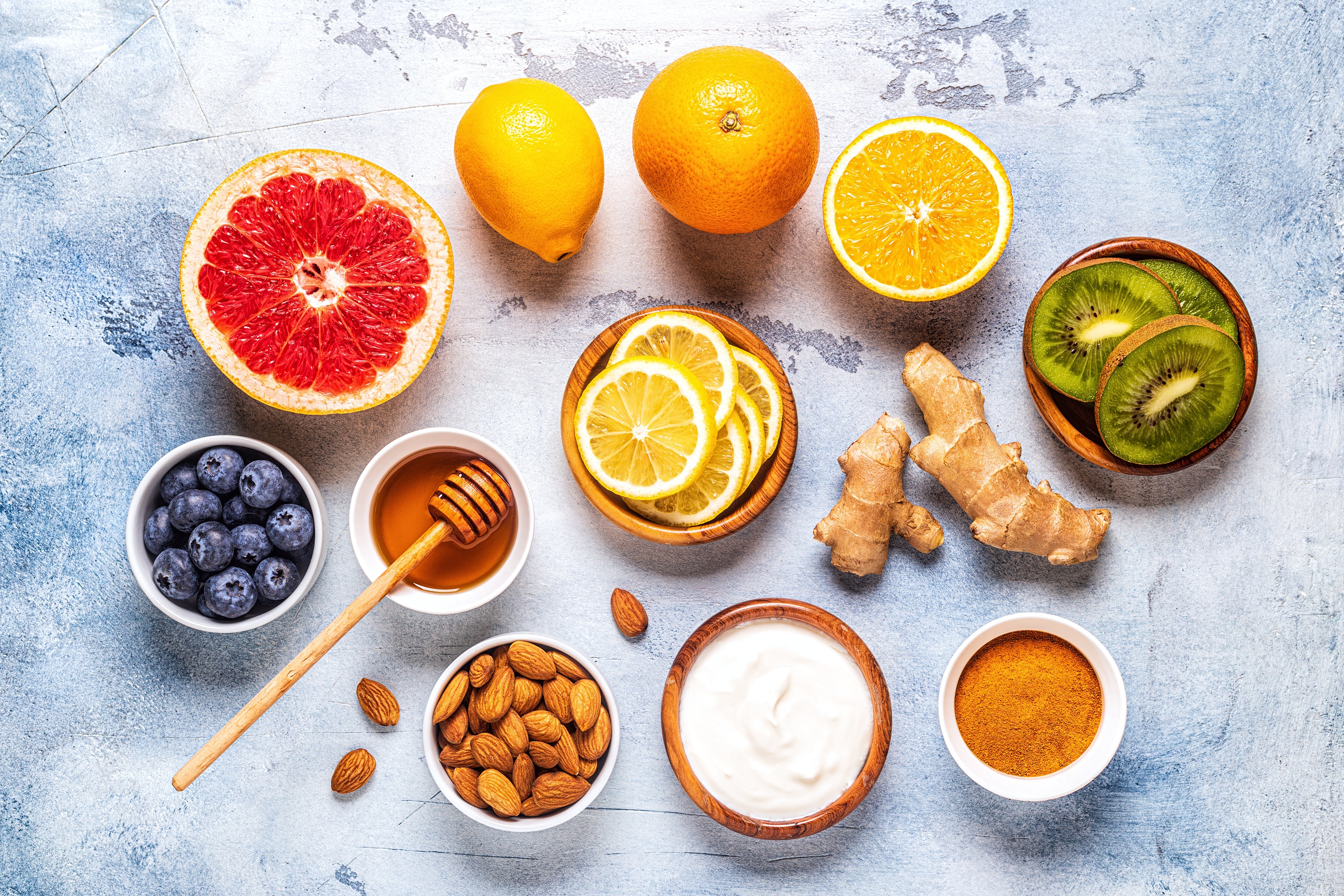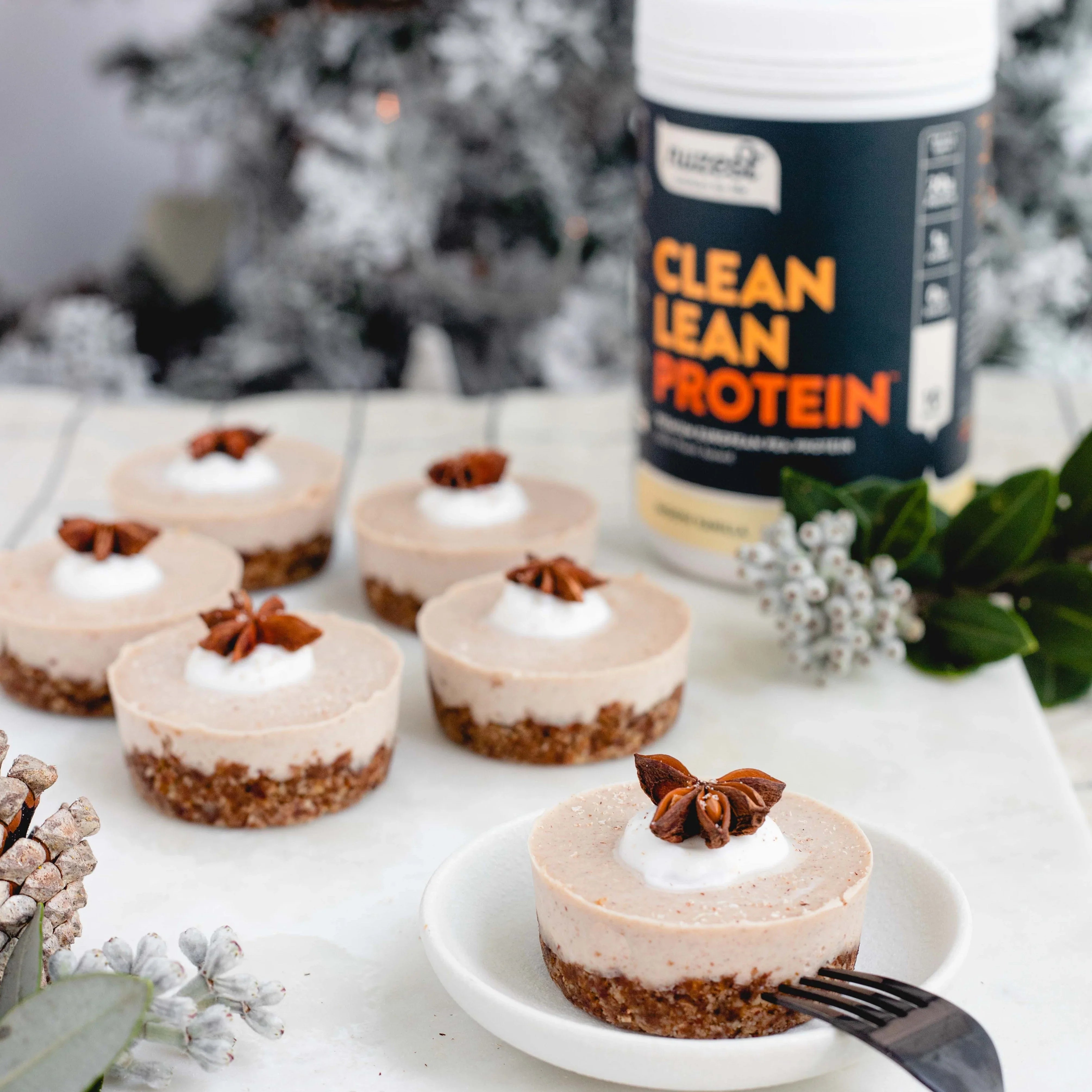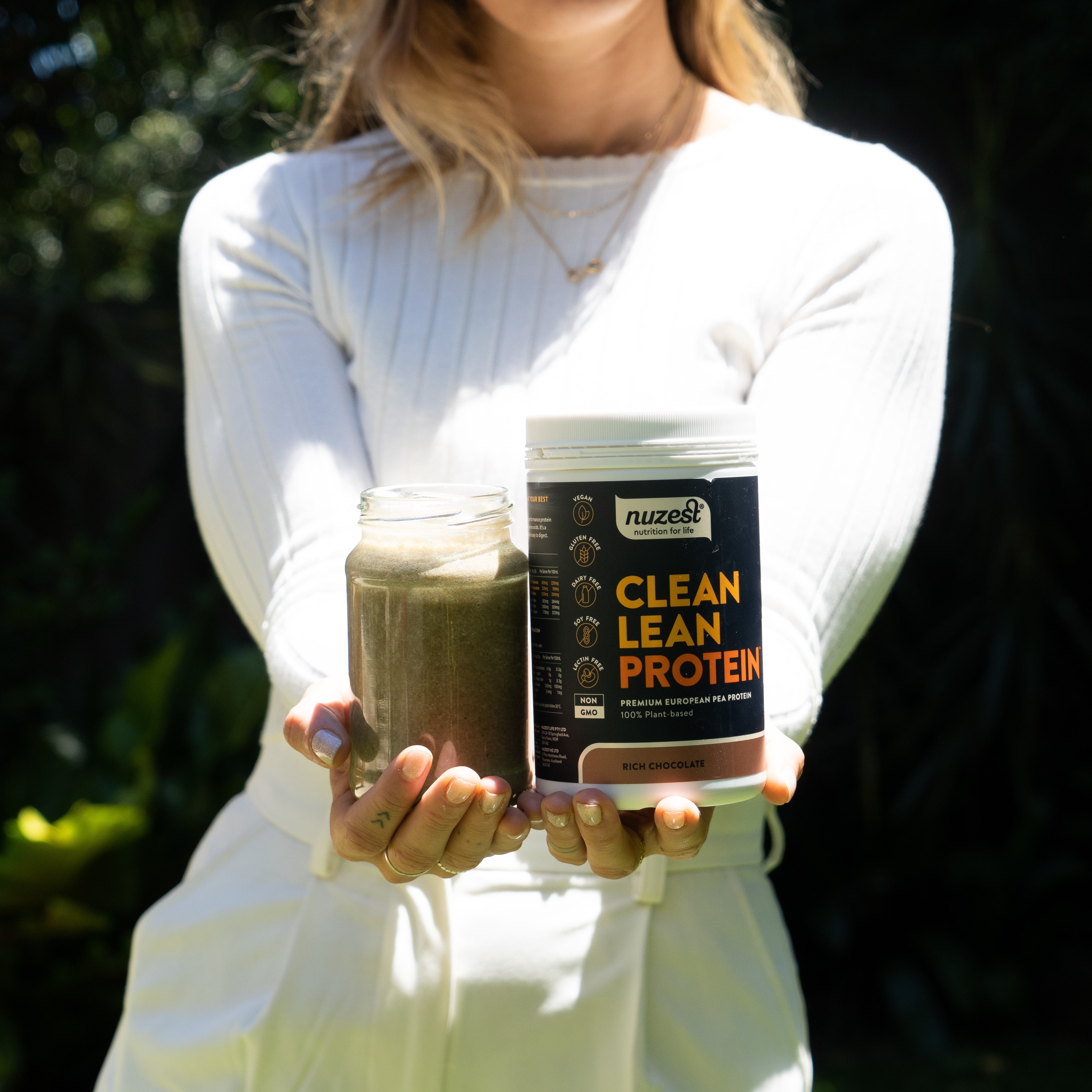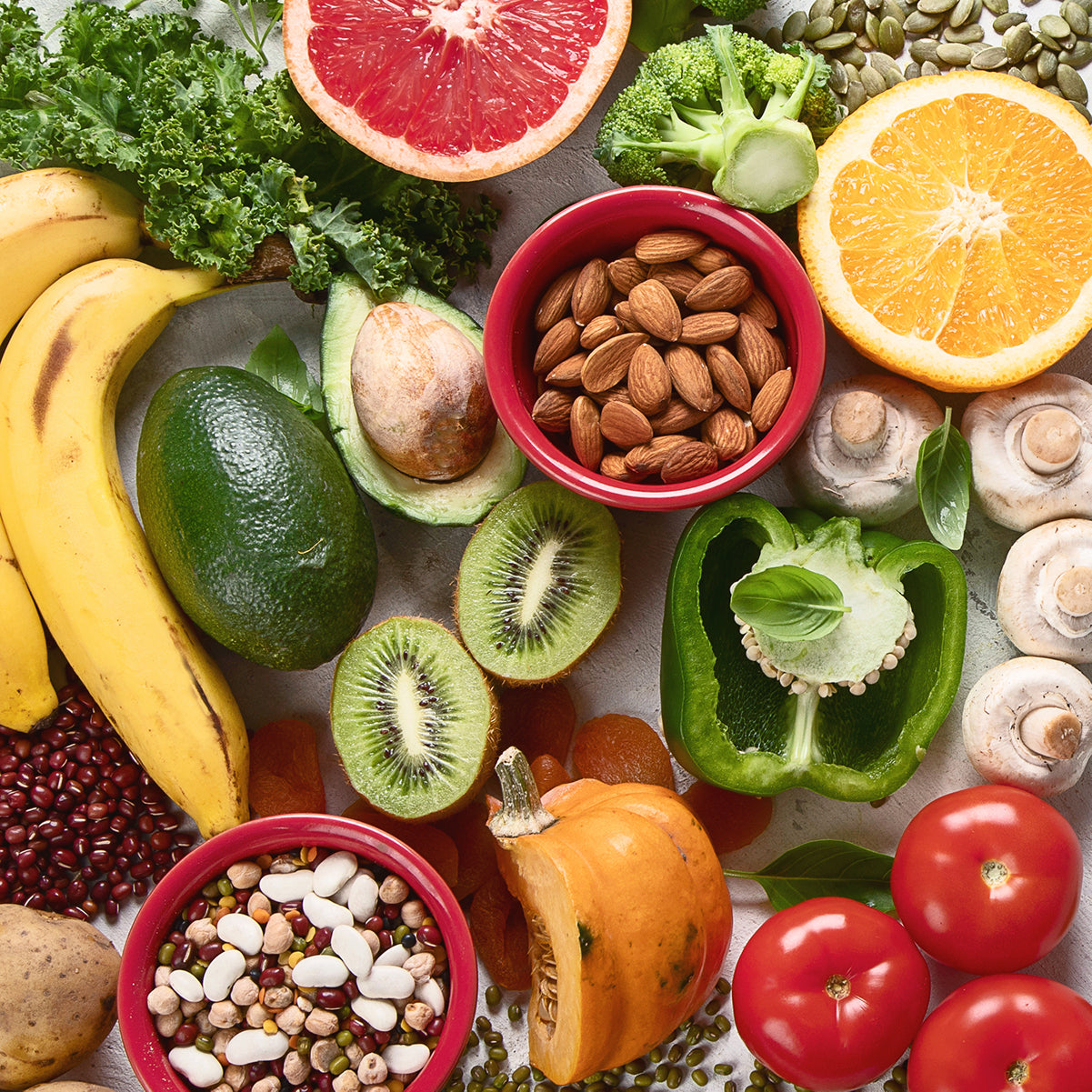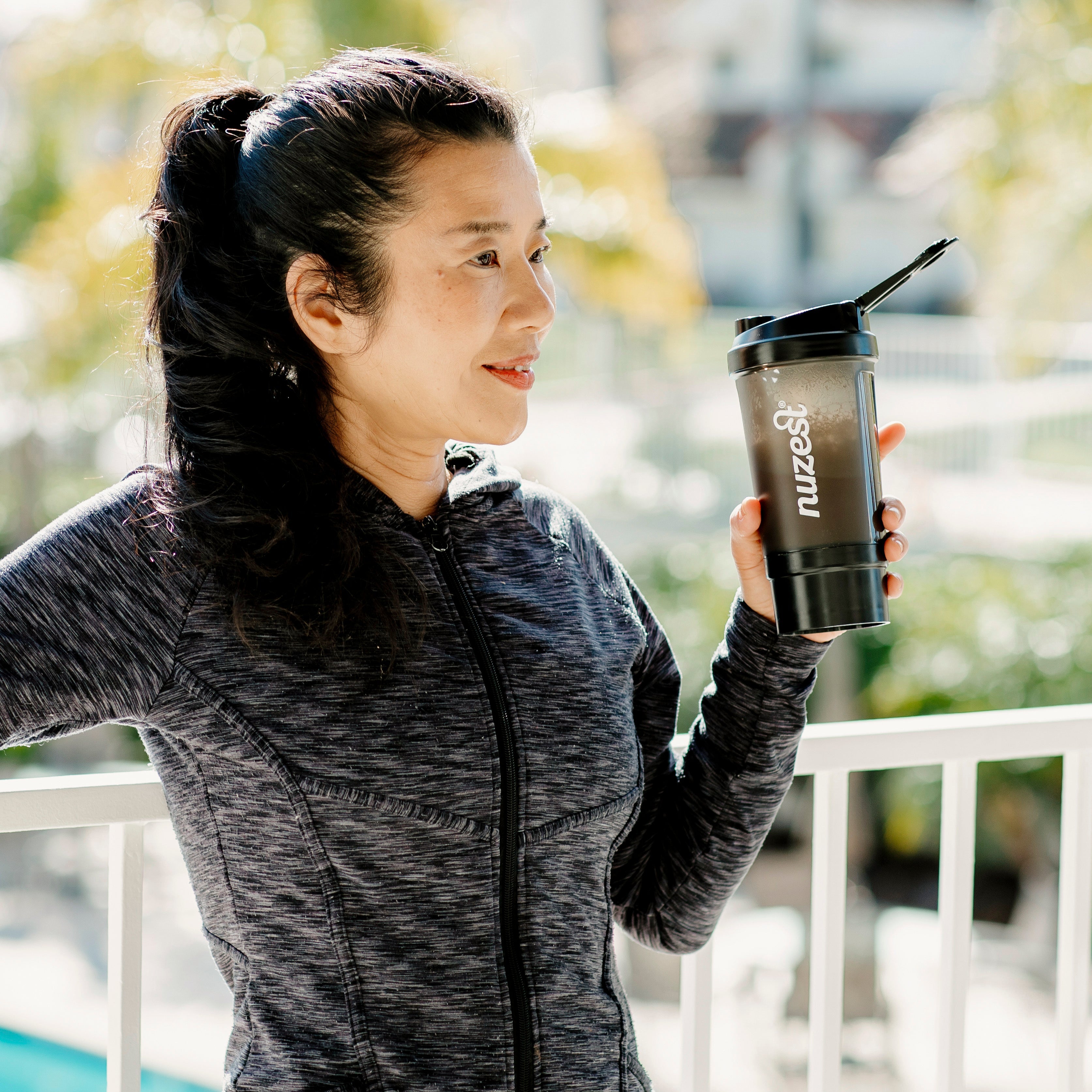by Laura Jennings, Registered Associate Nutritionist (ANutr) and Researcher
In recent years, there has been a notable surge in nutrition recommendations, spanning from stocking up on supplements to embracing practices like drinking apple cider vinegar or undergoing the celery juice cleanse. However, the pressing question remains: among these suggestions, which ones truly support our immunity? To effectively support our immune system, it’s essential to have a clear understanding of what it is…
Understanding the Immune System
The immune system is a complex network of cells, tissues, and organs that work together to defend the body against harmful organisms, such as bacteria, viruses, and parasites1. It comprises two main branches: the innate immune system, which provides immediate, nonspecific defence against pathogens, and the adaptive immune system, which mounts a tailored response to specific threats1.
How do Seasonal Transitions Impact Our Immunity?
During seasonal transitions, the immune system faces challenges that can compromise its effectiveness. Fluctuations in temperature and humidity levels play a significant role, affecting the transmission of pathogens2. For instance, increased humidity provides a favourable environment for bacterial growth and the spread of certain viruses2. Additionally, changes in daylight exposure influence our vitamin D levels, crucial for regulating immune responses3. Furthermore, seasonal shifts in diet and lifestyle habits contribute to variations in our body's nutritional status, subsequently influencing immune function. Fortunately, there are evidence-based nutrition strategies we can adopt to support our immune system through these changes.
Nutrition Strategies to Support Immunity
Certain micronutrients are crucial in regulating immune responses. For example, vitamin C is a potent antioxidant that supports immune health by promoting the production of white blood cells and enhancing their ability to combat infections4. Citrus fruits, strawberries, bell peppers, kiwi, and broccoli are excellent sources of vitamin C. Furthermore, vitamin C aids in iron absorption5, a critical mineral essential for immune cell growth6 and the synthesis of antimicrobial compounds like Nitric Oxide (NO). Additionally, trace elements like Zinc play a vital role in the normal development and function of cells involved in nonspecific immunity, such as neutrophils and natural killer cells7. So how can we ensure we’re getting enough micronutrients and minerals to support our immunity?
Eat a Balanced Diet
Ensuring a diverse array of nutrient-rich foods in your diet is crucial for maintaining optimal immune function. Aim to incorporate plenty of colourful fruits and vegetables rich in polyphenols, such as berries, spinach, and kale, which provide essential vitamins and antioxidants. Include wholegrains like brown rice, oats, quinoa, and wholemeal bread for sustained energy release. Prioritise healthy fats, such as those found in oily fish, olive oil, and avocados, which support immune health and inflammation regulation. Lean proteins, including chicken, fish, and eggs, are vital for building the foundation of our immune system, contributing to the production of immune cells. However, in today's fast-paced world where time constraints often lead to reliance on convenience foods, achieving a balanced diet rich in whole foods for every meal may not always be feasible.
Include a Multinutrient Supplement
To ensure you’re meeting all your micronutrient and trace element needs, consider incorporating a high-quality multinutrient supplement into your routine. Such supplements offer comprehensive coverage, serving as nutritional insurance to address potential gaps in our diets. One excellent option is Nuzest's Good Green Vitality (GGV), which combines over 75 essential vitamins, minerals, and nutrients. This formula is curated by naturopaths and medical professionals to guarantee optimal dosage and efficacy in supporting immunity and overall health.
Ensure Adequate Protein Intake
In the fast-paced world of balancing gym sessions, work commitments, social engagements, and family responsibilities, it's often challenging to meet our protein requirements solely through whole food sources. Given that several components of the immune system, such as antibodies, cytokines, and immune cells, are made up of proteins8; it is essential we are consuming enough of it. Protein is also essential for tissue repair and wound healing, processes that are critical for maintaining the integrity of the body's barriers against pathogens9. Opting for a protein powder is a quick, easy-to-digest way of upping your protein intake to support our specialised immune cells. Nuzest’s Clean Lean Protein is a perfect option and comes with its own 10g scoop so there’s no guessing about quantity.
Consume Probiotic Rich Foods
Probiotics are beneficial bacteria that support our gut health, which has been closely linked to our immune function. Yogurt, kefir, sauerkraut, kimchi, kombucha, miso and other fermented foods are excellent sources of probiotics. These fermented foods produce a compound known as, indole-3-lactic acid (ILA), which is an antioxidant that protects from oxidative stress and is protective of the immune system10. If you struggle to get enough probiotic rich foods in your diet, the Nuzest Protein Plus range includes Protein + Probiotics which contains 1 billion CFU shelf-stable probiotics in a simple plant-protein smoothie.
Stay Hydrated
Water plays a vital role in transporting nutrients to cells throughout the body, including immune cells, which rely on these nutrients for optimal function and effectiveness. Additionally, adequate hydration supports the elimination of toxins and waste products through urine and sweat, preventing the accumulation of harmful substances that could hinder our immunity11. It's recommended to aim for between 2-3 litres of water per day, roughly equivalent to 8 glasses to maintain hydration levels.
Limit Ultra-Processed Foods
Consuming a high amount of ultra-processed foods can disturb the balance of microbes in our gut, leading to dysbiosis that favours harmful bacteria over beneficial ones12. This imbalance triggers inflammation and compromises the immune system. Examples of ultra-processed foods include bacon, sausages, sweets, and sugar-sweetened beverages. Instead, focus on incorporating whole, minimally processed foods into your diet to provide your body with the essential nutrients it needs for optimal function.
Final Thoughts
As we navigate seasonal transitions, prioritising nutrition is key to supporting our immune system's ability to defend against infections and maintain overall health. However, in today’s fast paced world that isn’t always possible, which is where we can use supplements like multinutrients and protein powders to our advantage to fortify the body’s defences and thrive regardless of the season. Remember, small changes in dietary habits, such as, drinking enough water and limiting ultra-processed foods can have a significant impact on immune function and overall wellbeing.
References:
- Chaplin DD. Overview of the immune response. J Allergy Clin Immunol. 2010 Feb;125(2 Suppl 2):S3-23.
- Qiu Y, Zhou Y, Chang Y, Liang X, Zhang H, Lin X, Qing K, Zhou X, Luo Z. The Effects of Ventilation, Humidity, and Temperature on Bacterial Growth and Bacterial Genera Distribution. Int J Environ Res Public Health. 2022 Nov 20;19(22):15345.
- Wacker M, Holick MF. Sunlight and Vitamin D: A global perspective for health. Dermatoendocrinol. 2013 Jan 1;5(1):51-108.
- Carr AC, Maggini S. Vitamin C and Immune Function. Nutrients. 2017 Nov 3;9(11):1211.
- Piskin E, Cianciosi D, Gulec S, Tomas M, Capanoglu E. Iron Absorption: Factors, Limitations, and Improvement Methods. ACS Omega. 2022 Jun 10;7(24):20441-20456.
- Beard JL. Iron Biology in Immune Function, Muscle Metabolism and Neuronal Functioning. The Journal of Nutrition. 2001. 131(2) 568S-580S.
- Wessels I, Maywald M, Rink L. Zinc as a Gatekeeper of Immune Function. Nutrients. 2017 Nov 25;9(12):1286
- Nicholson LB. The immune system. Essays Biochem. 2016 Oct 31;60(3):275-301.
- Guo S, Dipietro LA. Factors affecting wound healing. J Dent Res. 2010 Mar;89(3):219-29
- Wong CB, Tanaka A, Kuhara T, Xiao JZ. Potential Effects of Indole-3-Lactic Acid, a Metabolite of Human Bifidobacteria, on NGF-induced Neurite Outgrowth in PC12 Cells. Microorganisms. 2020 Mar 12;8(3):398.
- Dargaville BL, Hutmacher DW. Water as the often neglected medium at the interface between materials and biology. Nat Commun. 2022 Jul 21;13(1):4222.
- Hrncir T. Gut Microbiota Dysbiosis: Triggers, Consequences, Diagnostic and Therapeutic Options. Microorganisms. 2022 Mar 7;10(3):578.


